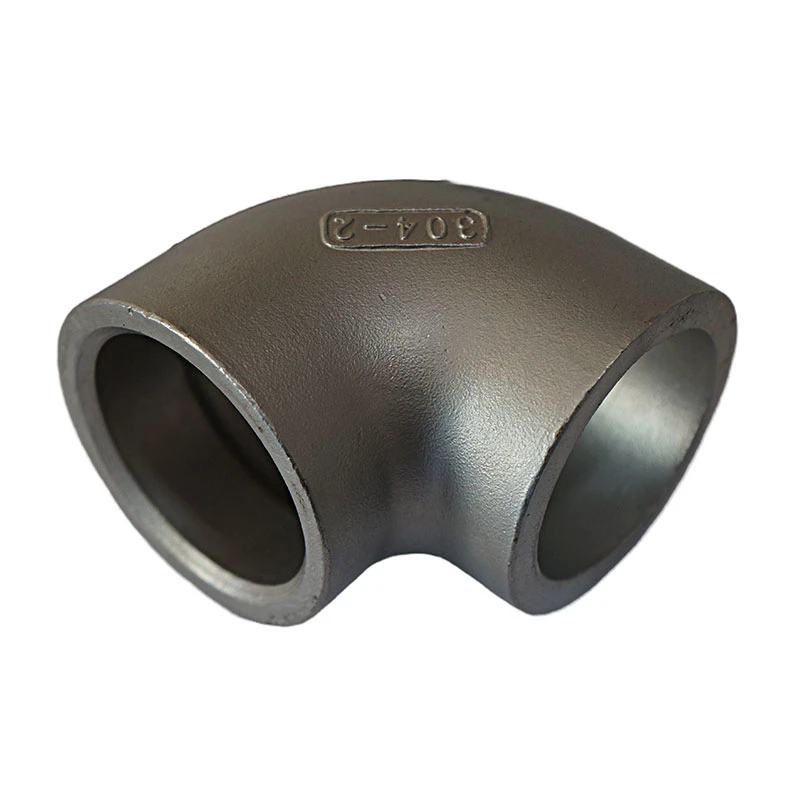Exploring the World of Die Casting Foundries and Their Impact on Manufacturing
The Importance of Die Casting Foundries in Modern Manufacturing
Die casting is a manufacturing process that has become integral to the production of complex metal parts. This process involves forcing molten metal into a mold cavity under high pressure, resulting in precision-engineered components that can meet the rigorous demands of various industries. Central to this manufacturing technique are die casting foundries, which play a vital role in shaping the future of production technology.
What is Die Casting?
Die casting is a method primarily used for aluminum, zinc, and magnesium alloys. The process begins with melting the metal and preparing the die, which is the mold that shapes the molten metal. The molten metal is then injected into the die with high pressure, and once cooled, the die is opened to reveal the solidified part. This technique allows manufacturers to produce intricate designs with tight tolerances and excellent surface finishes, making it suitable for a wide range of applications, from automotive components to consumer electronics.
The Role of Die Casting Foundries
Die casting foundries are specialized facilities where this process takes place. They combine advanced technology, skilled labor, and innovative practices to produce high-quality die castings. Foundries are equipped with sophisticated machinery capable of handling large volumes and high-pressure requirements. They also employ experienced engineers and technicians who can troubleshoot issues and ensure that the casting process runs smoothly.
One of the significant advantages of die casting foundries is their ability to scale production. A foundry can produce thousands of identical parts in a short period, which is essential for industries that require mass production. For instance, automotive manufacturers often rely on die casting foundries to supply components such as engine blocks, transmission housings, and decorative trim elements.
die casting foundry

Benefits of Die Casting
The benefits of die casting over other manufacturing processes are numerous. Firstly, it offers remarkable dimensional accuracy and repeatability, which is critical in automotive applications where every part must fit seamlessly with others. Secondly, die casting can create complex shapes with thin walls, allowing for lighter components without sacrificing strength. This is particularly important in the automotive and aerospace sectors, where reducing weight can lead to improved fuel efficiency.
Moreover, die casting is a cost-effective solution for high-volume production. While the initial cost of manufacturing the die can be significant, the per-unit cost decreases substantially as production scales. This makes it an attractive option for businesses looking to optimize their manufacturing processes.
Environmental Considerations
In today’s manufacturing landscape, environmental sustainability has become a pressing concern. Die casting foundries are gradually adopting more eco-friendly practices, such as reusing materials and minimizing waste. The ability to recycle scrap metal is one of the key benefits of die casting, as it reduces the overall environmental footprint and conserves resources. Moreover, advancements in technology are enabling foundries to utilize energy-efficient processes, further contributing to sustainable manufacturing.
Conclusion
In conclusion, die casting foundries are pivotal to modern manufacturing, providing solutions that meet the high demands of various industries. Their ability to produce high-quality, intricate parts at scale makes them indispensable in sectors such as automotive, aerospace, and electronics. As the industry continues to evolve, die casting foundries are likely to embrace new technologies and practices, ensuring they remain at the forefront of efficient and sustainable manufacturing. With their significant contributions, die casting foundries represent a perfect blend of tradition and innovation, driving the future of production technologies.
-
Crawler Drilling Rig - Baoding Hairun|Confined Space Drilling&Mine SafetyNewsAug.15,2025
-
Drill For Confined Spaces-Crawler Mounted Drill Rig | Crawler Drill Rig for SaleNewsAug.15,2025
-
Premium OEM Auto Parts & Stamping - Reliable ManufacturersNewsAug.15,2025
-
Crawler Drilling Rig for Confined Spaces-Baoding Hairun MachineryNewsAug.15,2025
-
Drill For Confined Spaces - Baoding Hairun Machinery And Equipment Trading Co., Ltd.NewsAug.15,2025
-
Advanced Crawler Drilling Rig - Baoding Hairun Machinery | Underground Mining SolutionsNewsAug.14,2025















